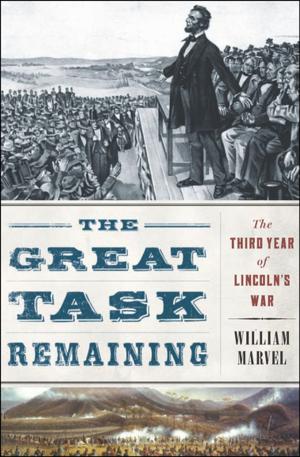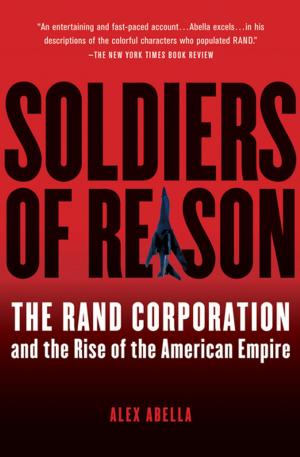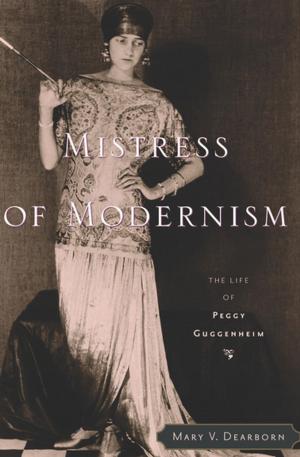Money Mischief
Episodes in Monetary History
Business & Finance, Finance & Investing, Banks & Banking, Economics, Theory of Economics, Economic History| Author: | Milton Friedman | ISBN: | 9780547542225 |
| Publisher: | Houghton Mifflin Harcourt | Publication: | March 31, 1994 |
| Imprint: | Mariner Books | Language: | English |
| Author: | Milton Friedman |
| ISBN: | 9780547542225 |
| Publisher: | Houghton Mifflin Harcourt |
| Publication: | March 31, 1994 |
| Imprint: | Mariner Books |
| Language: | English |
The Nobel Prize–winning economist explains how value is created, and how that affects everything from your paycheck to global markets.
In this “lively, enlightening introduction to monetary history” (Kirkus Reviews), one of the leading figures of the Chicago school of economics that rejected the theories of John Maynard Keynes offers a journey through history to illustrate the importance of understanding monetary economics, and how monetary theory can ignite or deepen inflation.
With anecdotes revealing the far-reaching consequences of seemingly minor events—for example, how two obscure Scottish chemists destroyed the presidential prospects of William Jennings Bryan, and how FDR’s domestic politics helped communism triumph in China—as well as plain-English explanations of what the monetary system in the United States means for your personal finances and for everyone from the small business owner on Main Street to the banker on Wall Street, Money Mischief is an enlightening read from the author of Capitalism and Freedom and Free to Choose, who was called “the most influential economist of the second half of the twentieth century” by the Economist.
The Nobel Prize–winning economist explains how value is created, and how that affects everything from your paycheck to global markets.
In this “lively, enlightening introduction to monetary history” (Kirkus Reviews), one of the leading figures of the Chicago school of economics that rejected the theories of John Maynard Keynes offers a journey through history to illustrate the importance of understanding monetary economics, and how monetary theory can ignite or deepen inflation.
With anecdotes revealing the far-reaching consequences of seemingly minor events—for example, how two obscure Scottish chemists destroyed the presidential prospects of William Jennings Bryan, and how FDR’s domestic politics helped communism triumph in China—as well as plain-English explanations of what the monetary system in the United States means for your personal finances and for everyone from the small business owner on Main Street to the banker on Wall Street, Money Mischief is an enlightening read from the author of Capitalism and Freedom and Free to Choose, who was called “the most influential economist of the second half of the twentieth century” by the Economist.















